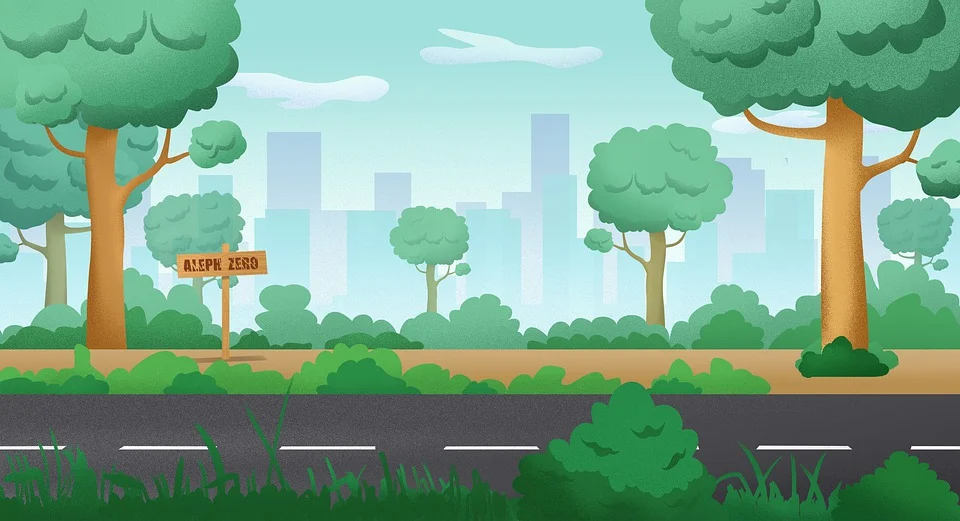Feasibility Studies
We Evaluate Whether It Is Feasible To Start A Food Forest Project
Feasibility studies are an important step in the planning process for any food forest project. A feasibility study is a comprehensive evaluation of a proposed project that assesses its viability and determines whether it is worth pursuing. In the context of food forests, a feasibility study will help you determine whether a food forest project is feasible in a certain location and whether the return on investment (ROI) will be sufficient to justify starting the project.
When conducting a feasibility study for a food forest project, several factors must be considered, including:
- Site selection: The first step in conducting a feasibility study is to select a suitable site for the food forest. Factors to consider when selecting a site include the climate, soil type, topography, and the availability of water. The site should be large enough to accommodate the desired number of trees, and it should be accessible for maintenance and harvesting.

- Market demand: The second factor to consider is market demand for the crops produced by the food forest. Research the local market to determine which crops are in demand, and consider the potential for sales of the crops. A good market demand is important for the success of the project and will help ensure a good ROI.
- Resource availability: The third factor to consider is the availability of resources, including water, fertilizer, and labor. A food forest requires regular maintenance, including watering, fertilizing, pruning, and harvesting. The feasibility study should assess the availability of resources to support the maintenance and growth of the food forest.
- Regulations and permits: The fourth factor to consider is regulations and permits. Before starting a food forest project, it is important to ensure that all necessary permits and regulations are in place. This includes zoning permits, environmental permits, and any other regulations related to the use of the land.
- Financial analysis: The fifth factor to consider is a financial analysis. This should include a detailed evaluation of the costs associated with the project, including the cost of planting the trees, maintenance costs, and the expected revenue from the sale of the crops. The financial analysis should also include a calculation of the ROI, which is an important indicator of the feasibility of the project.
- Environmental impact: The sixth factor to consider is the environmental impact of the food forest. This should include a comprehensive assessment of the impact on the local ecosystem, including the effects on wildlife, soil, water, and air quality. The study should also consider the carbon footprint of the project and the potential for carbon sequestration.
In conclusion, a feasibility study is a critical step in the planning process for a food forest project. By considering all of the factors outlined above, a feasibility study can help determine whether a food forest project is feasible in a certain location and whether the ROI will be sufficient to justify starting the project. A well-conducted feasibility study will help ensure that the food forest project is successful and sustainable in the long term.
Let’s talk about your project!
Our development team will be happy to get designing with you.
We asses your land, the future potential of perennial crops, etc.
Just contact us and we will see, if we can help.

More resources
Contact Us
ESSWALD
Supai-Ventures S.R.L.
Santa Maria del Cami
07320 Mallorca
Islas Baleares, SPAIN
(+34) 625 239 394
hello@esswald.com
